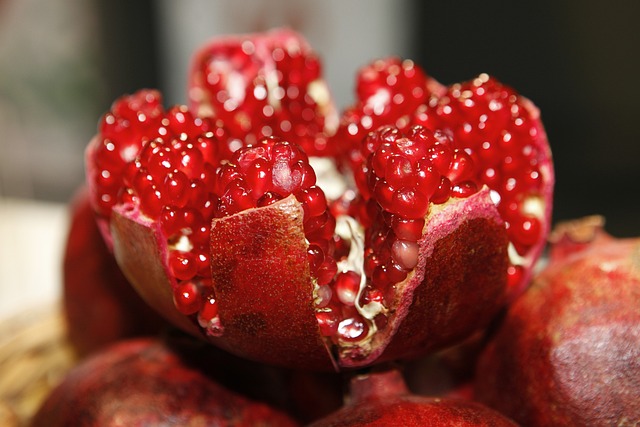The Surprising Ways Probiotics Can Boost Your Immune System
Probiotics have gained a lot of attention in recent years for their potential health benefits. While you may commonly associate probiotics with gut health, did you know that they can also play a powerful role in boosting your immune system? In this article, we will delve into the surprising ways probiotics can enhance your body’s natural defense mechanisms.
What Are Probiotics?
Probiotics are live microorganisms that provide numerous health benefits when consumed in adequate amounts. They are primarily known for their positive effects on the digestive system, as they help maintain a healthy balance of bacteria in the gut.
Commonly found in fermented foods like yogurt, kefir, sauerkraut, and kimchi, probiotics are also available in the form of dietary supplements. They contain beneficial bacteria or yeasts that can colonize your gut and support various bodily functions.
The Gut-Immune System Connection
It may surprise you to learn that about 70% of your immune system is located in your gut. The gut lining houses a vast network of immune cells that continuously interact with the trillions of bacteria residing there. This intricate relationship between the gut and the immune system is crucial for overall health.
Probiotics play a vital role in maintaining a healthy gut-immune system connection. They support the growth of beneficial bacteria, which can crowd out harmful pathogens and promote a favorable immune response. This can ultimately help prevent infections and reduce the severity of illness.
1. Strengthening the Gut Barrier
A well-functioning gut barrier is essential for a robust immune system. Probiotics have been shown to enhance the integrity of the gut lining, making it less permeable to harmful substances. By fortifying the gut barrier, probiotics help prevent harmful pathogens and toxins from entering the bloodstream and causing inflammation or infection.
2. Modulating Immune Cells
Probiotics can also influence the activity of immune cells in the gut. Certain strains of probiotics have been found to stimulate the production of natural antibodies and enhance the function of immune cells like T and B lymphocytes. By modulating immune cells, probiotics can help optimize the body’s defense mechanisms.
3. Reducing Inflammation
Chronic inflammation is a common underlying factor in many diseases. Probiotics have been shown to have anti-inflammatory effects, helping to reduce inflammation and support immune function. By promoting a balanced immune response, probiotics may aid in preventing or managing various inflammatory conditions.
4. Enhancing Vaccine Response
Probiotics may even enhance the effectiveness of vaccines. Research suggests that certain strains of probiotics can improve the body’s immune response to vaccines, leading to increased antibody production. This can be particularly beneficial for individuals with weakened immune systems or those who may not respond as effectively to conventional vaccination.
5. Promoting Antimicrobial Activity
Some strains of probiotics produce antimicrobial substances that can inhibit the growth of harmful bacteria or viruses. By creating an unfavorable environment for pathogens, probiotics help protect against infections and maintain a healthy balance of microorganisms in the gut.
Conclusion
Probiotics offer a wide range of benefits, and their positive impact on immune health should not be overlooked. By strengthening the gut barrier, modulating immune cells, reducing inflammation, enhancing vaccine response, and promoting antimicrobial activity, probiotics can play a surprising role in boosting your immune system.
Incorporating probiotic-rich foods or supplements into your daily routine may help support a healthy gut and optimize your immune system’s function. As with any dietary change, it’s always best to consult with a healthcare professional to determine the right approach for your individual needs.







